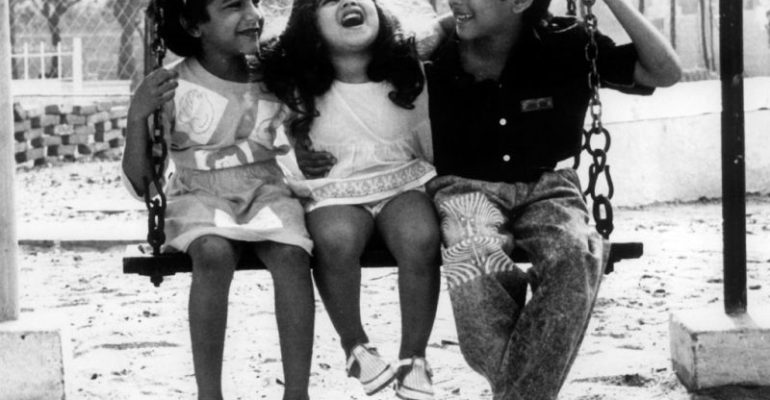ANJALI – A MIRROR TO THE HEART AND MIND
August 14, 2025 2025-08-14 19:53ANJALI – A MIRROR TO THE HEART AND MIND
Anjali is not just a movie I watched as a child; it is a memory imprinted deep within me. Every time I saw it, especially the climax, I found myself in tears. At the time, I didn’t fully understand why. I only knew that something about the little girl, her silence, her smile, her pain, stirred something inside me. As I grew older and entered the world of pediatric psychology, Anjali revealed itself to me in layers, not just as a cinematic classic but as a profound portrayal of emotional truth.
Directed by the legendary Mani Ratnam and brought to life by Ilayaraja’s persuasively beautiful music, Anjali is much more than a story of a differently-abled child. It is about the emotional struggle of a family, the quiet ache of a mother’s love, the silent guilt of a father, and the awakening of a society that learns, reluctantly, to see beyond its prejudice. It is about the stigma that surrounds difference, and the pain of parents who carry more than just the weight of care. They also carry the fear of judgment, isolation, and helplessness.
From a pediatric psychologist’s perspective, Anjali is incredibly accurate in depicting the psychological toll of raising a neurodivergent child in an unprepared world. It highlights how families go through stages of denial, grief, guilt, and finally, acceptance. But this acceptance doesn’t come easily—it is fought for, moment by moment, often in silence.
The brilliance of the film lies in its ability to humanize everyone involved, the child, the parents, the siblings, and even the neighbours. It doesn’t ask for pity, it asks for empathy. It reminds us that the child is not the problem—our lens is. Anjali shifts the conversation from “What is wrong with her?” to “What does she need, and how can we respond with love and respect?
Anjali is a tender reminder that acceptance isn’t about changing a child, but embracing them wholly with love, patience, and dignity. It speaks to the silent strength of parents who choose compassion over fear, every single day, and to the unseen struggles they carry with unwavering courage. The film invites us to listen beyond behaviour, to understand what’s unspoken, and to respond with empathy, not judgment. Through the innocence of peers and the love of siblings, it shows how inclusion can heal and transform.
Even today, Anjali stands as a powerful tribute to every child who feels different, and to every parent who refuses to give up on them.
Because in every child like Anjali, there is not a flaw to be fixed, but a story waiting to be understood, loved, and celebrated.








